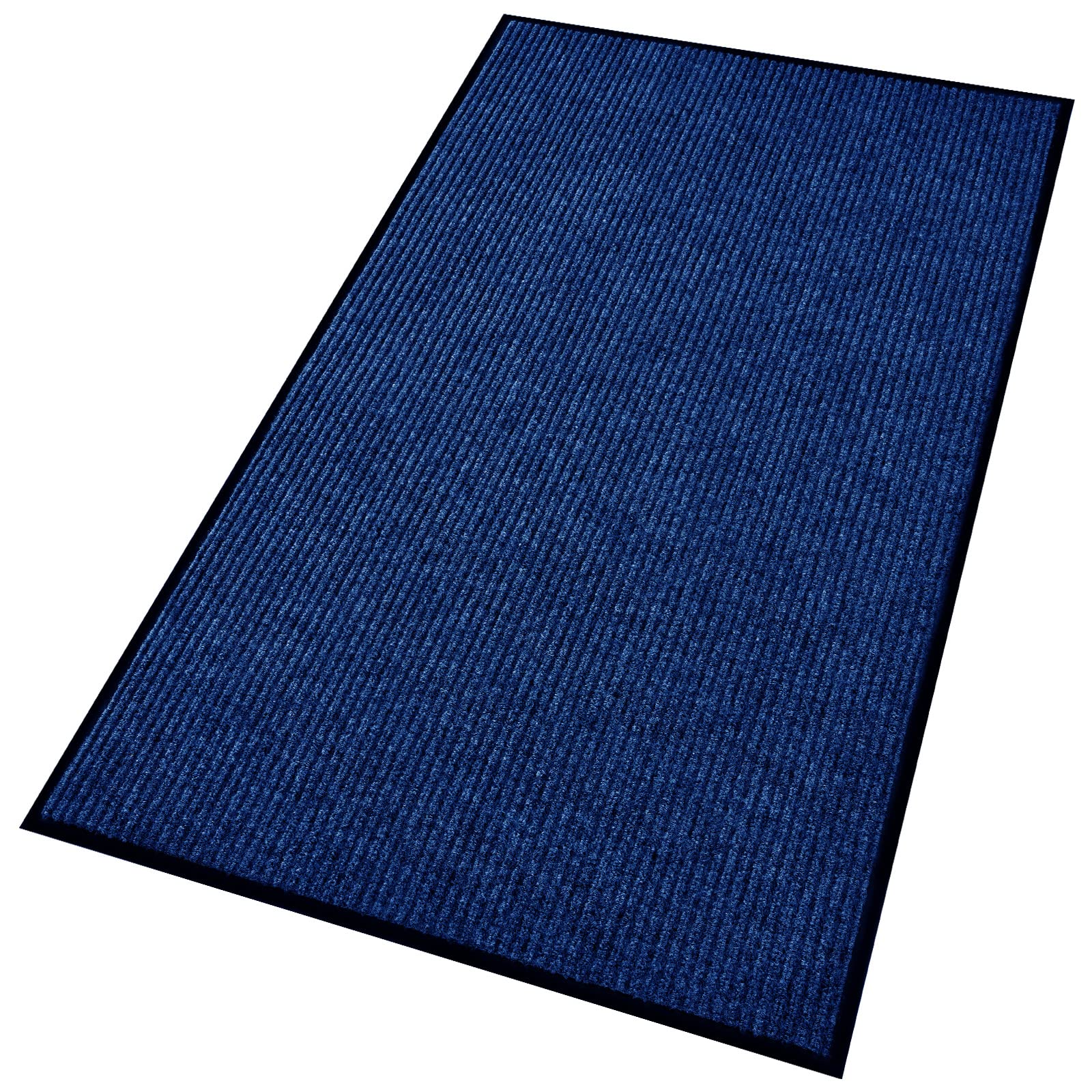Introduction
Got a JPEG image you want to embroider on your Brother machine? Converting it to a PES file isn’t as simple as changing the file extension – it requires digitizing, the process of turning a flat image into stitch instructions your machine can follow. A proper PES File Converter does more than just change formats; it transforms your design into embroidery-ready code.
While professional PES File Converter services exist, you can do it yourself with the right tools and know-how. This guide will walk you through the best PES File Converter options, including:
- Free and paid software options for digitizing
- Step-by-step conversion from JPEG to PES
- Optimizing designs for clean, professional results
- When to hire a pro instead of DIY
Let’s turn your JPEG into a stitch-ready masterpiece!
Why Can’t You Just Convert JPEG to PES Directly?
JPEGs are raster images (made of pixels), while PES files are stitch instructions (vector-based paths). Embroidery machines need specific data like:
- Stitch types (fill, satin, running)
- Stitch direction and density
- Thread color changes
- Underlay for stability
Auto-conversion tools exist, but they often produce messy results. For the best outcome, you’ll need to manually digitize or use semi-automated software.
Method 1: Free JPEG to PES Conversion (Basic Quality)
Option 1: MyEditorOnline (Web-Based)
✔ Best for: Quick, simple designs (logos, text)
✔ How it works:
- Upload your JPEG
- Auto-digitizes with basic settings
- Download as PES
✔ Pros: - No software installation
- Fast (under 5 minutes)
✔ Cons: - Limited control over stitch quality
- Complex designs may look pixelated
Option 2: SewArt (Free Trial)
✔ Best for: More control than online tools
✔ How it works:
- Import JPEG
- Auto-trace the design
- Adjust stitch settings
- Export as PES (free trial allows 3 saves)
✔ Pros: - Better than pure auto-digitizing
- Works offline
✔ Cons: - Watermark in free version
- Steep learning curve
Method 2: Manual Digitizing for High-Quality PES Files
Step 1: Convert JPEG to Vector (Using Inkscape)
- Download Inkscape (free).
- Open your JPEG, then go to Path > Trace Bitmap.
- Adjust settings until the preview looks clean.
- Save as SVG.
Step 2: Digitize in Ink/Stitch (Free Plugin)
- Install Ink/Stitch for Inkscape.
- Open your SVG file.
- Assign stitch types:
- Fill stitch for solid areas
- Satin stitch for outlines/text
- Running stitch for fine details
- Adjust stitch density (0.3–0.5mm for most fabrics).
- Export as PES.
Step 3: Test Stitch & Refine
- Stitch on scrap fabric first.
- Common fixes:
- Puckering? Reduce stitch density.
- Gaps? Add underlay or overlap stitches.
- Thread breaks? Simplify sharp corners.
Method 3: Paid Software for Best Results
1. Hatch Embroidery ($99–$1,000+)
✔ Best for: Professionals
✔ Key features:
- Advanced auto-digitizing
- Manual stitch editing
- 3D preview
2. Embrilliance Essentials ($129–$600)
✔ Best for: Beginners
✔ Key features:
- Simple interface
- Good for monograms
- PES export
3. Wilcom TrueSizer (Free Viewer + Paid Digitizing)
✔ Best for: Editing existing PES files
✔ Key features:
- Check stitch counts
- Resize designs
5 Common JPEG-to-PES Mistakes (And How to Fix Them)
1. Using Low-Resolution Images
✅ Fix: Start with 300+ DPI JPEGs.
2. Ignoring Fabric Type
✅ Fix: Adjust stitch density:
- 0.3mm for thick fabrics (denim)
- 0.5mm for stretchy fabrics
3. Overlooking Underlay
✅ Fix: Add zigzag underlay for stability.
4. Not Testing First
✅ Fix: Always stitch a sample!
5. Too Many Colors
✅ Fix: Simplify to 6–8 thread colors max.
When to Hire a Professional Digitizer
DIY works for simple designs, but consider a pro if:
- Your design has shadows/gradients
- You need 3D puff or sequins
- It’s for commercial use (must look perfect)
Cost: $10–$50 per design (saves time and materials).
Conclusion
Converting JPEG to PES for Brother machines is doable with free tools like Ink/Stitch or paid software like Hatch. For best results:
✔ Start with a high-res JPEG
✔ Convert to vector first
✔ Test stitch before finalizing
Now you’re ready to turn any image into embroidery magic—happy stitching!



